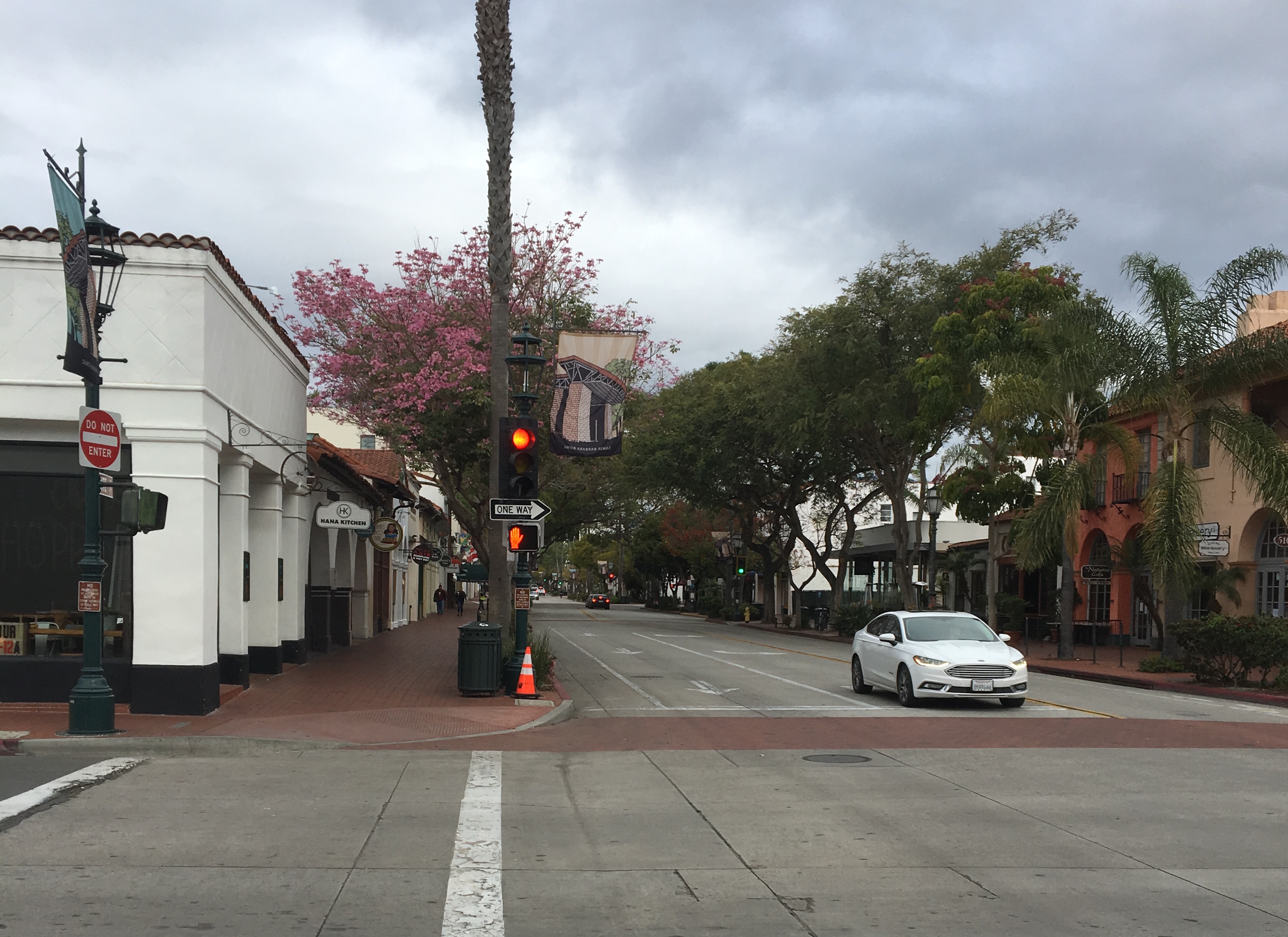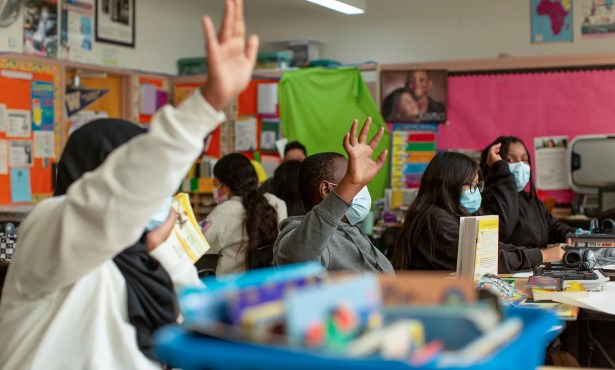COVID-19 Is Breaking Santa Barbara’s ‘Invisible Backbone’
Undocumented Workers Don’t Qualify for Government Safety Net Programs

In normal times, more than 25,000 undocumented workers toil away behind the scenes every day to make Santa Barbara County’s service economy run. Now, due to the coronavirus lockdown, many hotel housekeepers, restaurant dishwashers, and others ― sometimes referred to as the “invisible backbone” of our region’s labor force ― are out of a job. But unlike their citizen counterparts, they’re not eligible for unemployment insurance, even though their paychecks contribute to the same state unemployment fund.
“These workers tend to be the lowest paid and the least likely to be tipped, and they’re subsidizing everyone else’s unemployment,” explained Lucas Zucker, an organizer with CAUSE, the Central Coast Alliance United for a Sustainable Economy. “There’s no real prospect of relief through our current systems. If you’re undocumented, there’s no light at the end of the tunnel.” At some point soon, perhaps between this crisis and the next, the government needs to enact some significant policy change on the issue, Zucker emphasized. Specifically at the state level. “We shouldn’t hold our breath for the federal government.”
Farmworkers are one of the few groups that have been spared this time around, Zucker added. Like grocery store employees, they fall in the essential category. But with schools closed, childcare is a major problem for many of them. “If you’re a farmworker, you don’t have the money to hire a babysitter or nanny,” Zucker said. “The only thing you can afford is group childcare, but that’s all shut down.” Then there are the self-employed, such as domestic workers, who face serious financial uncertainty as long as shelter-at-home and social-distancing orders are in place.
To help fill in some of these gaps, CAUSE has relaunched 805 Undocufund, a collective effort among Ventura and Santa Barbara organizations to assist people excluded from government safety-net programs. Formed after the Thomas Fire and 1/9 Debris Flow, the fund distributed over $2.3 million in aid to thousands of families, providing 425 volunteers and setting up 39 health clinics, as well. Meanwhile, the National Domestic Worker Alliance has created the Coronavirus Care Fund to support workers across the country.
A host of other Santa Barbara groups, including El Centro, the Fund for Santa Barbara, Future Leaders of America, La Casa de la Raza, and Santa Barbara County Promotores Network, also cosigned a letter to regional government leaders asking for their help. “Disasters lay bare the inequities already existing in our society,” the letter reads. “We urge you to maintain this consideration throughout your response to the challenges before us and to stay attuned to the needs of those who have less and hurt more.”


